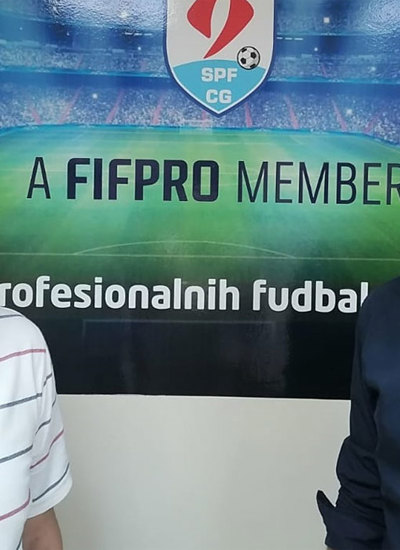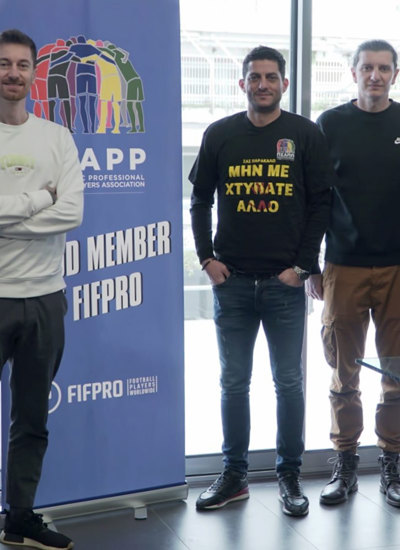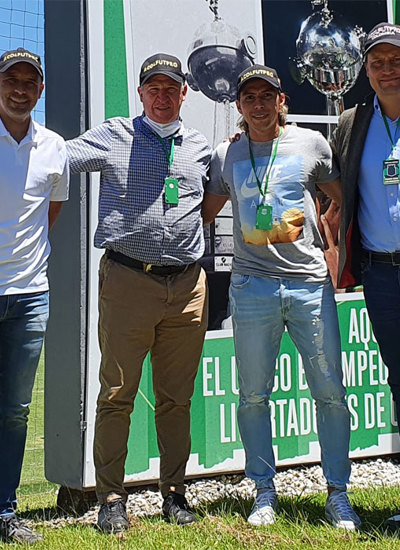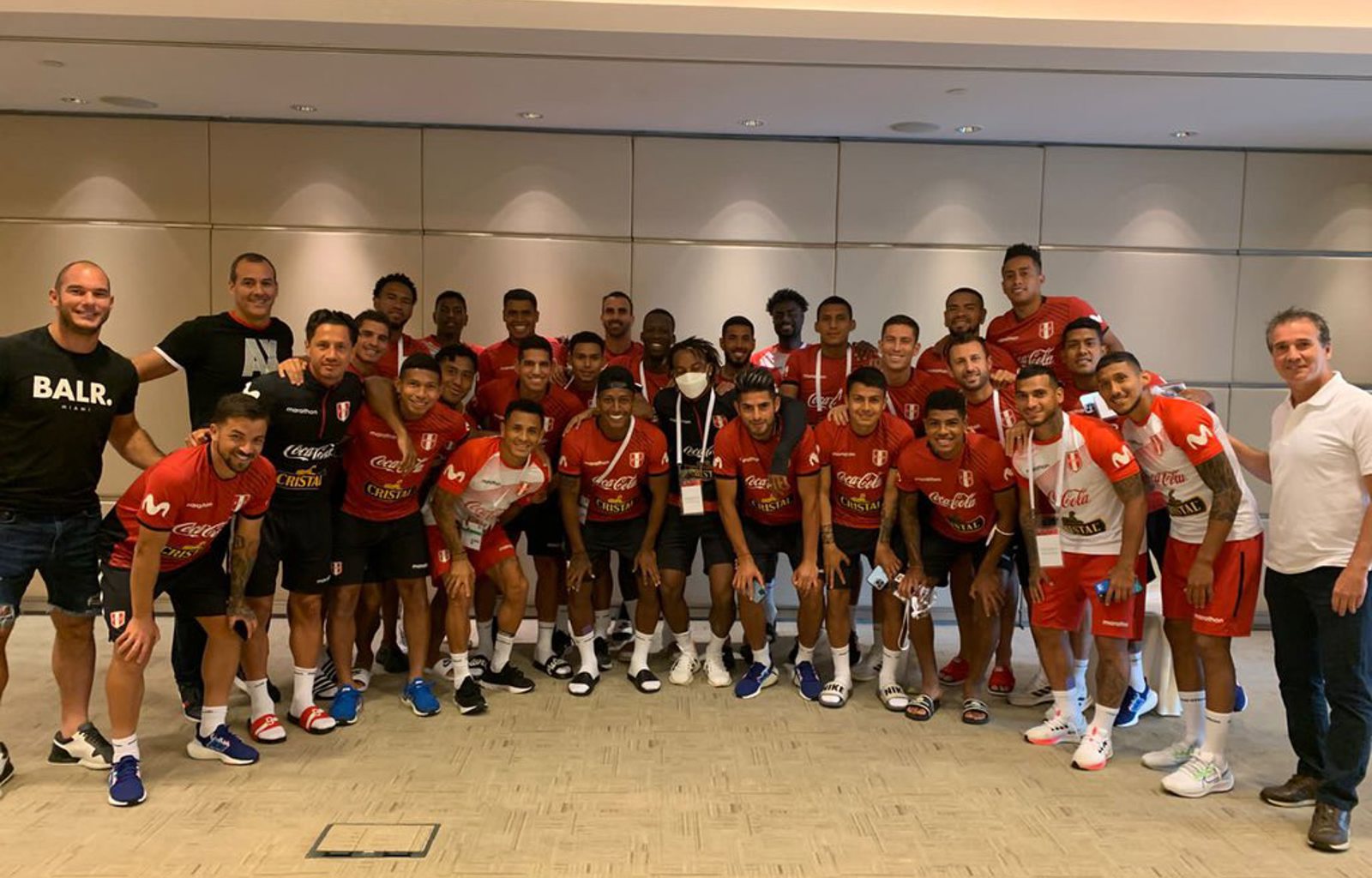
Get to know the Agremiación de Futbolistas Profesionales del Perú, SAFAP, which has been fighting to protect the rights of players in Peru since 2001.
History
Back at the start of the twenty-first century, life for Peruvian footballers, in terms of their employment rights, was a nightmare. Many of the clubs did not fulfil their contractual obligations and there was nowhere for players to challenge these injustices. The constant outrages were the reason that led the players to unite and create the footballers’ union: SAFAP.
“At the beginning, the difficulty was getting players to understand what a union was and how this union could help them achieve specific changes from which they would all benefit”, explains Fernando Revilla, who is the general manager of SAFAP and has been a FIFPRO board member since 2007.
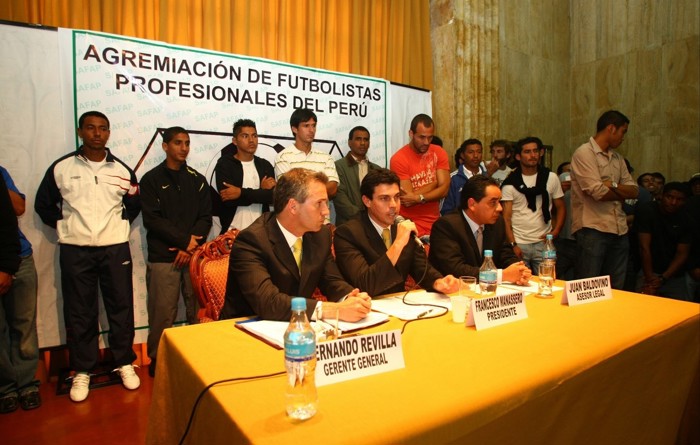
An event that marked the course of SAFAP occurred in 2003, when a prolonged strike was held with the unanimous participation of Peruvian footballers. This protest measure arose from the fact that although the union now existed, the club managements were still not honouring players’ employment rights.
As a result of this action, the union achieved the creation of a collective agreement, the establishment of a dispute conciliation and resolution chamber and acceptance of a standard contract for professional footballers, which is still in force today. They also managed to get players recognised as workers, with all the employment rights that entails, and to have the debts due since 2001 recognised and paid for the first time.
This event played a key role as a starting point, so that currently 100 percent of footballers in the Peruvian league are members of the union and have a strong, efficient organisation to support them.
Another key point in the history of SAFAP occurred in 2009. The situation in the Peruvian national team at that time was dramatic, and the union authorities could see that if they did not get involved in the problem, it would not be possible to find a permanent solution. As Revilla explains: “There was a FIFA rule which said that those at every level of the sport must be part of a country’s football federation. But we were not allowed to be represented on that body. So more than 800 players boycotted the senior national team just before a qualifying match against Uruguay."
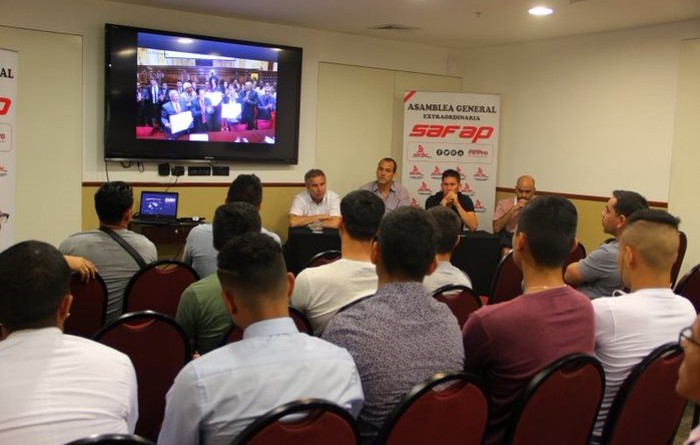
This mass boycott succeeded in obtaining the professionalisation of the Second Division and including coaches and assistants in the collective employment agreement, as well as engineering the main objective of that struggle: to democratise the Peruvian Football Federation (FPF).
Current situation
Since December 2021, Peru has been one of only two countries, with Uruguay, whose football federation includes representatives of the players’ union among its members. Today, the players (professional and amateur, men and women, in 11-a-side, futsal and beach football) have just over 10 percent of the votes in the FPF General Assembly. They have representatives on the FDF Executive Board, as well as on the Competitions Committee and the Professional Football Subcommittee.
“We have other resolution processes available now and problems are sorted out much more quickly. We’re no longer making claims and demanding solutions, but playing an important part in producing new changes," Revilla emphasises.
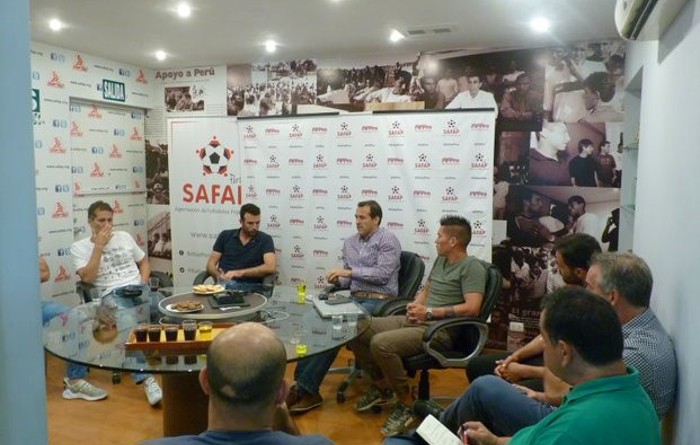
Today the leadership of SAFAP is made up of Roberto Silva Pró, one of the founders of the union in 2001, as president, accompanied by Orlando Contreras, Adrián Zela, Diego Penny and Steven Rivadeneira. Everyone in charge is committed to the same objective: to protect the comprehensive welfare of the members.
Revilla reflects on the union’s history: “We’ve gone from a world in which Peruvian footballers were practically helpless to consolidating a union that works hard, does a good job and manages to ensure that the rights of all players are respected. There is a professional relationship with the clubs whereby if you sign a contract, you can rest assured that it will be honoured in full.”
